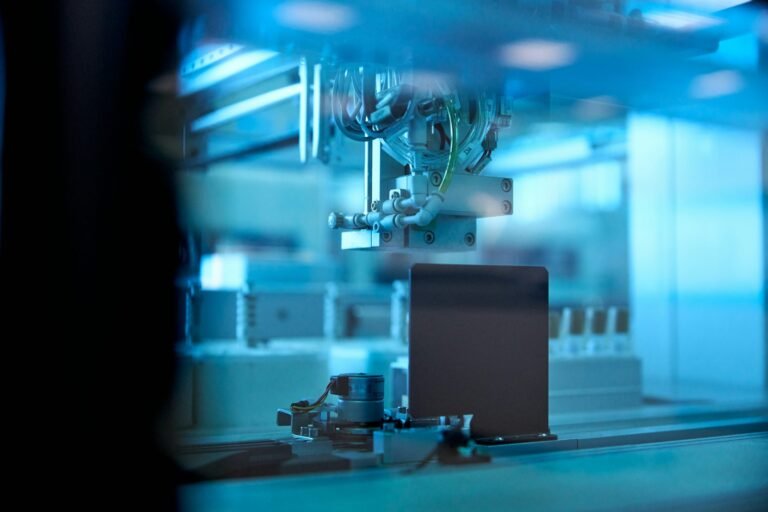When you buy peptides for research purposes, safety and accuracy should be at the heart of every study. Peptides are powerful tools in the hands of informed researchers — but without careful handling, correct calculations, and proper protocols, results can be compromised.
At Bluewell, we believe responsible use starts with education, precision, and compliance. This guide will help you approach your peptide studies with the same professionalism we bring to our manufacturing and quality control.
Understand the Research Purpose
Before working with any research peptides UK suppliers provide, it’s essential to have a clear research objective. Every peptide behaves differently depending on:
- Its molecular structure
- Intended research pathway
- Duration and frequency of use
- Compatibility with other compounds
Defining your study goals ensures you select the right compound or peptide stack and design a protocol that’s both efficient and safe.
Start with Accurate Dosage Calculations
Incorrect dosage is one of the most common reasons research projects fail to deliver consistent results. That’s why Bluewell offers a dedicated Peptide Dosage Calculator — designed to help you work out precise measurements based on your research requirements.
By using our calculator, you can:
- Avoid costly measurement errors
- Ensure consistency across test groups
- Save time and improve research accuracy
Always Work with High-Quality Compounds
Not all peptides are created equal. Low-quality or improperly stored products can produce unreliable data or require repeated trials.
Bluewell ensures:
- 99%+ purity verified by independent third-party testing
- GMP-grade manufacturing for consistency and compliance
- Cold-chain shipping to preserve stability
- Full Certificates of Analysis with every order
Follow Proper Storage and Handling
Responsible use doesn’t stop at purchase — it extends to storage, reconstitution, and day-to-day handling.
- Lyophilised peptides: Store at -20°C for long-term stability
- Reconstituted peptides: Keep refrigerated (2–8°C) and use within 2–4 weeks
- Aseptic technique: Prevent contamination by using sterile tools and environments
- Avoid freeze-thaw cycles: Divide into aliquots if frequent access is needed
For a detailed breakdown, see our Peptide Storage & Handling Guide.
Do Your Research Before You Begin
We strongly encourage researchers to study:
- The mechanism of action for each peptide
- Available scientific literature and clinical data
- Potential synergistic or conflicting interactions in peptide stacks
- Appropriate monitoring methods for their study
Responsible peptide research means knowing your compound inside out before starting any protocol.
Bluewell’s Role in Safe and Responsible Research
At Bluewell, we don’t just supply peptides — we support research. When you choose us as your UK peptide supplier, you gain access to:
- Expert technical support for study design and storage advice
- Educational resources to improve research quality
- Premium-grade products with full traceability
Conclusion: Build Safety into Every Step
Using peptides responsibly is not just good practice — it’s essential for generating meaningful, reproducible results. With a clear research plan, accurate dosage calculations, and strict storage protocols, your study stands the best chance of success.
Ready to take the next step in your research? Explore Bluewell’s full range of research peptides and use our Peptide Dosage Calculator to ensure your study begins with precision and confidence.


